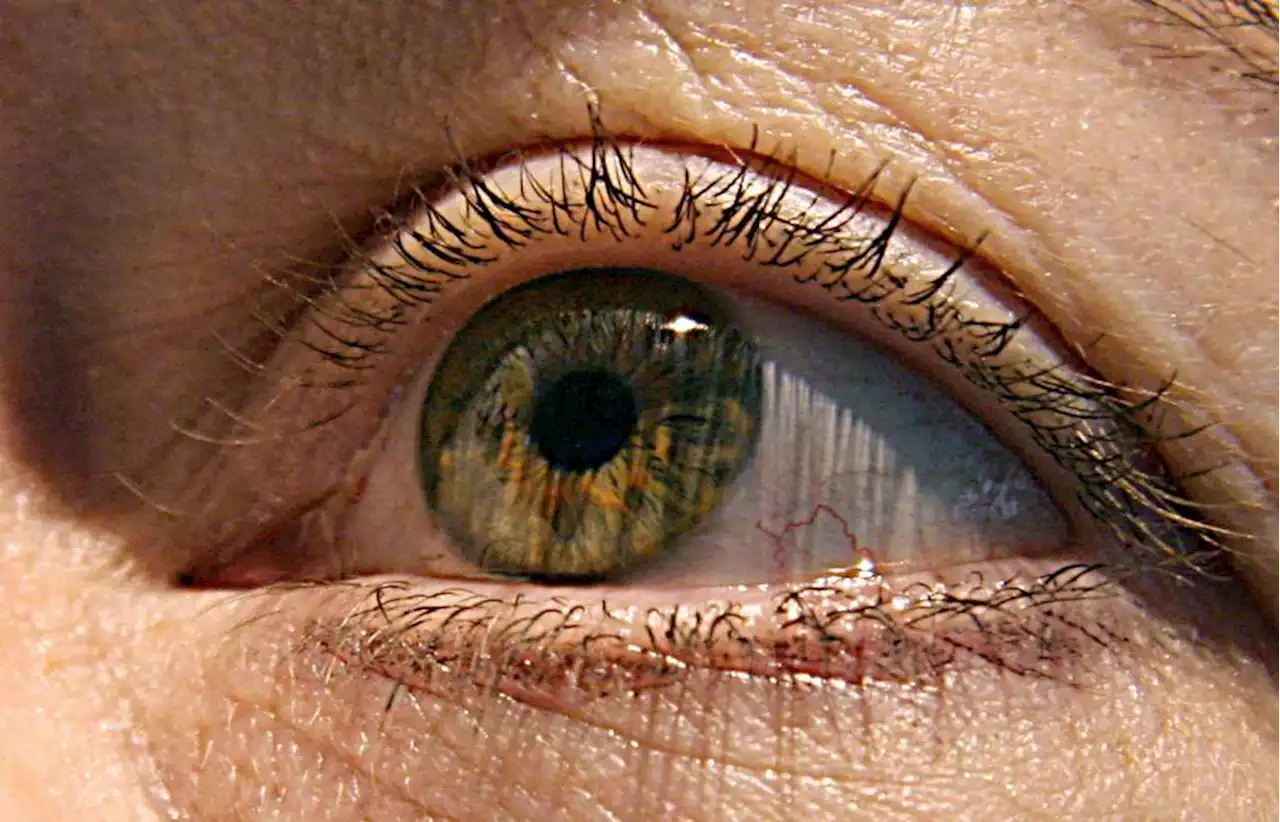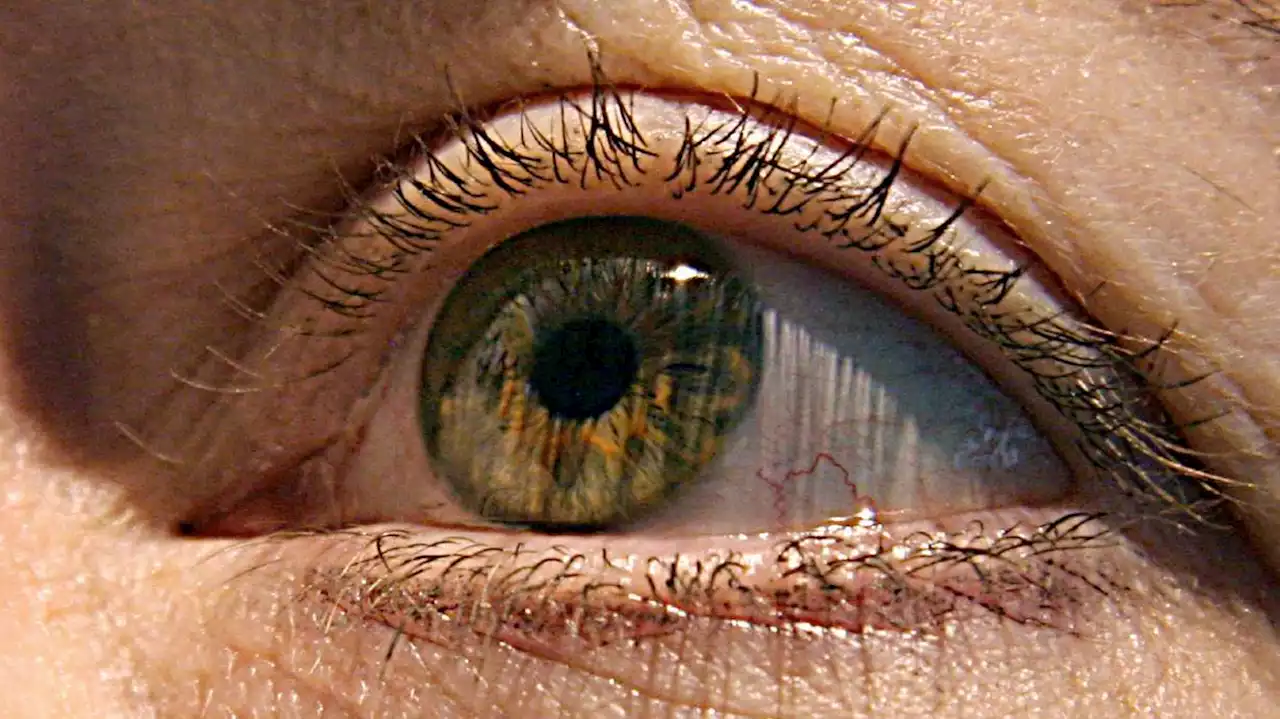The eyes are more than a window to the soul — they're also a reflection of a person's cognitive health.
"The eye is the window into the brain," said ophthalmologist Dr. Christine Greer, director of medical education at the Institute for Neurodegenerative Diseases in Boca Raton, Florida."You can see directly into the nervous system by looking into the back of the eye, toward the optic nerve and retina."
If doctors are able to identify the disease in its earliest stages, people could then make healthy lifestyle choices and control their"modifiable risk factors, like high blood pressure, high cholesterol and diabetes," Isaacson said.The eye knowsJust how early can we see signs of cognitive decline? To find out, a recent study examined donated tissue from the retina and brains of 86 people with different degrees of mental decline.
Investigators in the study collected retinal and brain tissue samples over 14 years from 86 human donors with Alzheimer's disease and mild cognitive impairment — the largest group of retinal samples ever studied, according to the authors. Microglial cells declined by 80% in those with cognitive issues, the study found. These cells are responsible for repairing and maintaining other cells, including clearing beta-amyloid from the brain and retina.
The study researchers found higher numbers of immune cells tightly surrounding amyloid beta plaques as well as other cells responsible for inflammation and cell and tissue death.
Brasil Últimas Notícias, Brasil Manchetes
Similar News:Você também pode ler notícias semelhantes a esta que coletamos de outras fontes de notícias.
Cognito's experimental headset to treat Alzheimer's diseaseMIT neuroscientists are testing a headset that uses a 'disco' of light and sound to treat Alzheimer's disease
Consulte Mais informação »
 Stickier Than We Thought: Exciting Discovery Could Lead to New Alzheimer’s TherapiesThe research has uncovered that the protein plaques associated with Alzheimer’s are stickier than previously believed. Scientists from Rice University are shedding new light on a peptide associated with Alzheimer's disease through the use of fluorescence lifetime. According to the Centers for Disea
Stickier Than We Thought: Exciting Discovery Could Lead to New Alzheimer’s TherapiesThe research has uncovered that the protein plaques associated with Alzheimer’s are stickier than previously believed. Scientists from Rice University are shedding new light on a peptide associated with Alzheimer's disease through the use of fluorescence lifetime. According to the Centers for Disea
Consulte Mais informação »
 Alzheimer's first signs may appear in your eyes, study finds | CNNFinding early signs of dementia in the back of the eye may be a way to catch the disease early and start preventive treatment, a study says.
Alzheimer's first signs may appear in your eyes, study finds | CNNFinding early signs of dementia in the back of the eye may be a way to catch the disease early and start preventive treatment, a study says.
Consulte Mais informação »
 Alzheimer’s disease first signs may appear in your eyes, study findsThe eyes are more than a window to the soul. New research suggests they’re also a reflection of a person’s cognitive health.
Alzheimer’s disease first signs may appear in your eyes, study findsThe eyes are more than a window to the soul. New research suggests they’re also a reflection of a person’s cognitive health.
Consulte Mais informação »
 Alzheimer's first signs may appear in your eyes, study findsResearch has been exploring how the eye may help in diagnosing Alzheimer's disease before symptoms begin. The disease is well advanced by the time memory and behavior are affected.
Alzheimer's first signs may appear in your eyes, study findsResearch has been exploring how the eye may help in diagnosing Alzheimer's disease before symptoms begin. The disease is well advanced by the time memory and behavior are affected.
Consulte Mais informação »
 One step closer to Alzheimer's cure? Scientists find new genes that might helpAn international study has identified new genes that modulate the toxicity of the protein beta-amyloid, responsible for causing Alzheimer’s disease.
One step closer to Alzheimer's cure? Scientists find new genes that might helpAn international study has identified new genes that modulate the toxicity of the protein beta-amyloid, responsible for causing Alzheimer’s disease.
Consulte Mais informação »
